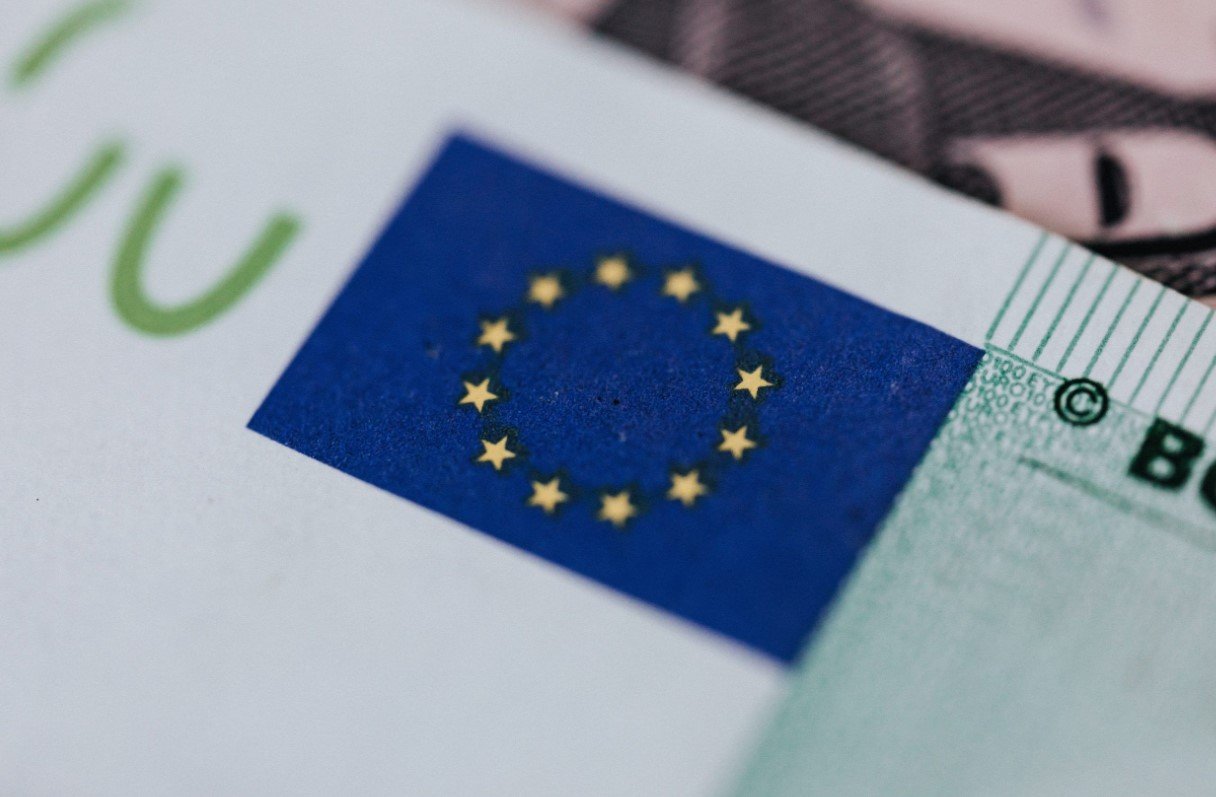In a stunning revelation, authorities across Europe have unraveled a fraudulent scheme that has siphoned off €600 million from the EU’s Recovery and Resilience Facility (RRF). This discovery has sent shockwaves through the continent, raising questions about the integrity of financial oversight and the security of economic recovery efforts post-pandemic.
The Heist of the Century
The operation, dubbed ‘Resilient Crime’, saw a criminal organization meticulously orchestrate a plan to exploit the EU’s financial support meant for revitalizing economies battered by COVID-19. Using advanced technologies and a network of fictitious companies, the group managed to deceive the system and divert massive funds intended for the public good.

The intricate plot involved professionals experienced in public funding applications, who created and submitted false corporate balance sheets to show profitability and activity where there was none. Their success in securing non-repayable grants for digitalization and competitiveness projects is a stark reminder of the vulnerabilities present in large-scale financial systems.
A Multinational Response
The response to this grand deception was swift and decisive. A coordinated effort by law enforcement agencies across Italy, Austria, Romania, and Slovakia led to the arrest of 22 individuals. Assets worth over €600 million were frozen, including luxury vehicles, cryptocurrency, and high-end real estate, painting a picture of the lavish lifestyle funded by ill-gotten gains.
This international operation highlights the importance of cross-border collaboration in combating sophisticated financial crimes. It also underscores the need for robust mechanisms to detect and prevent fraud, especially within frameworks as significant as the EU’s recovery fund.
The Aftermath and Accountability
The fallout from this scandal is far-reaching. With Italy being the largest beneficiary of the RRF, the pressure mounts on the government to ensure transparency and accountability in the management and allocation of funds. The incident has ignited a debate on the efficacy of current oversight practices and the measures necessary to fortify them against future threats.
The EU’s commitment to economic recovery is unwavering, but this episode serves as a cautionary tale. It calls for a reevaluation of the systems in place and a renewed focus on safeguarding the financial interests of the Union and its citizens.









